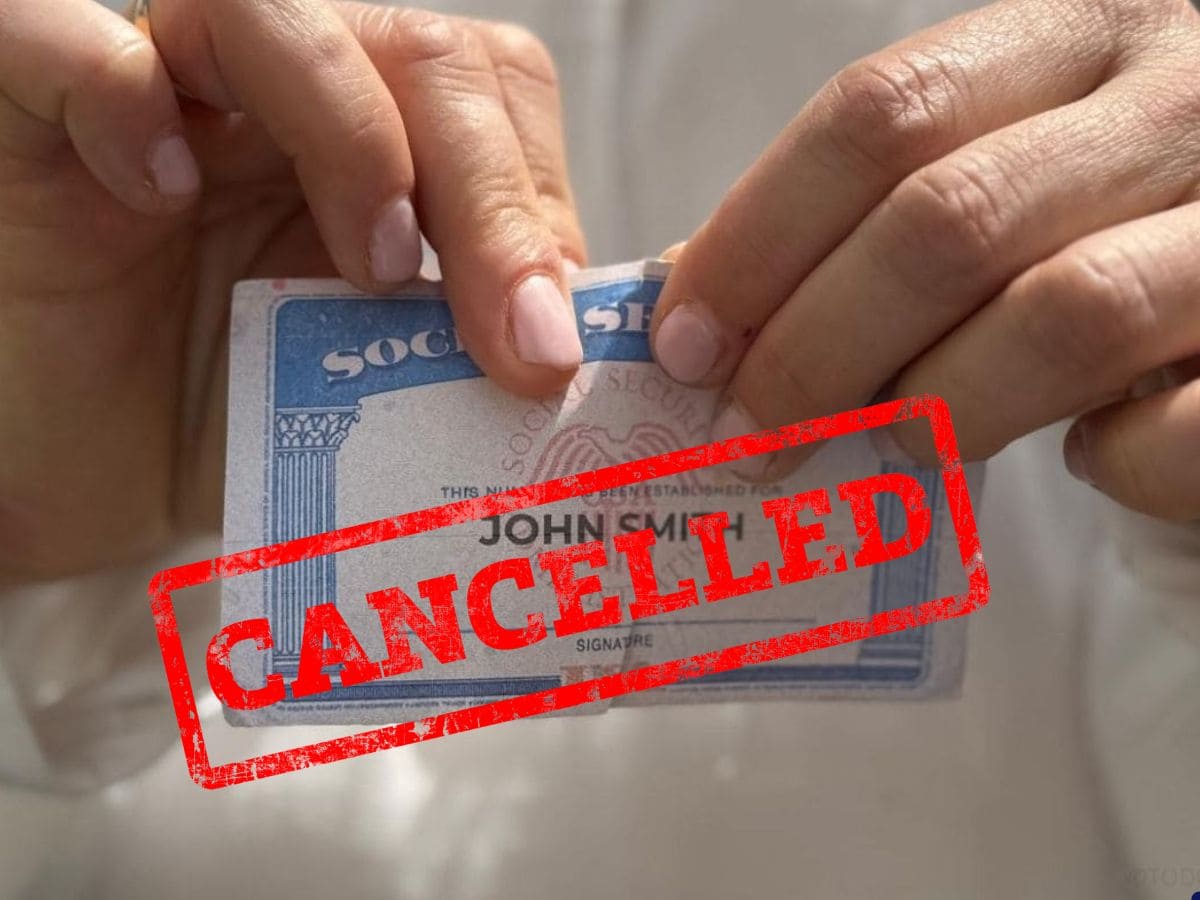The Supplemental Security Income (SSI) program is designed to protect the most vulnerable citizens of the United States by providing monthly financial support to people with disabilities, those over 65, or those with very limited resources. The idea is simple: to ensure a minimum income for those who cannot obtain it on their own.
However, this system has strict rules that must be followed at all times. If any of these conditions are broken, the Social Security Administration (SSA) will temporarily or permanently suspend payments. This can be a shock to many beneficiaries, especially if they are not aware of the most common causes for cancellation.
That is why it is essential to understand what factors can cause us to lose SSI, in order to prevent problems and keep this monthly income that can make a big difference in the family economy. At the end of the day, Social Security SSI payments are a lifeline for thousands of United States citizens and their families.
3 reasons why we lose Social Security SSI
The Social Security Administration constantly monitors all SSI beneficiaries to ensure they meet the established requirements. Any change in a beneficiary’s personal, financial, or legal situation can be a reason for suspension.
- The most common first reason is an increase in income. If the beneficiary starts earning more money than allowed, whether from work, state assistance, or other sources, they could exceed the threshold set by the program and lose their right to receive the monthly check.
- The second most common cause is no longer meeting the disability or age criteria. For example, if a person receives SSI for disability, but a medical review determines that the condition no longer exists, the administration may cut off payments. Similarly, those who receive SSI based on age and do not meet the minimum residency requirements may also be affected.
- Finally, incarceration or prolonged confinement in a public institution can result in immediate suspension of SSI. The law states that those who are in prison for more than 30 consecutive days lose their right to collect this benefit, at least for the duration of their stay in that institution.
Although these are the three main causes of SSI suspension, there are other reasons that can also lead to the loss of payment, so it is essential to keep the SSA informed of any relevant changes in the beneficiary’s life.
Can I get Social Security SSI again?
The good news is that, in most cases, it is possible to get SSI payments reinstated if the causes that led to their suspension are resolved. The process depends on the reason why the benefit was lost, but the key is to act quickly and communicate everything to the SSA in a timely manner.
If the check was cut due to excess income, it will be sufficient to prove that income has returned to below the allowed limit. The same applies if you lose your benefits due to a medical review: with new reports confirming your disability, you could reinstate your right to payment.
In cases of imprisonment, SSI is suspended but not permanently eliminated. Once you are released, you can apply to have your benefits reinstated, as long as you do so within the established time frame and continue to meet the requirements.
So, while losing SSI can be a difficult blow, it is not always an irreversible decision. The key is to understand why it was suspended, stay up to date with program requirements, and act quickly to resolve any irregularities that put your monthly check at risk.








